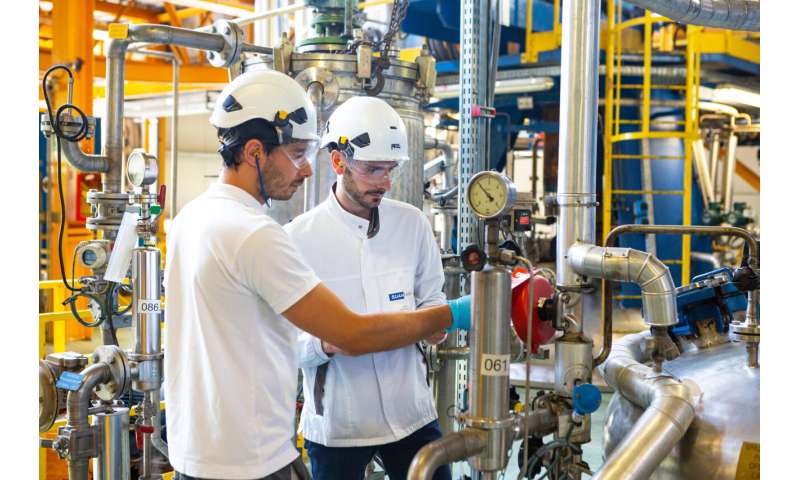FBK's latest study offers new insights into the industrial energy transition

Research within the FLEXIndustries project identifies cost-effective strategies for integrating renewables and reducing CO2 in pharmaceuticals
Fondazione Bruno Kessler, a member of the FLEXIndustries project, has recently published an important paper. The study focuses on devising a cost-optimized decarbonization strategy for an energy-intensive Italian pharmaceutical company (SUANFARMA Italia S.p.A.), highlighting the potential of various energy mix configurations. Through the application of a customized energy system simulation framework coupled with a Multi-Objective Evolutionary Algorithm (MOEA), the research explores three distinct scenarios for the year 2024. Thirteen different technologies are evaluated within the challenging constraints of the industrial demo site.
The results of the study are promising, revealing a range of Pareto optimal solutions that underscore the effectiveness of hybrid energy alternatives. These solutions demonstrate the feasibility of achieving significant decarbonization with only moderate increases in operational costs. Notably, the availability of land for Renewable Energy Sources (RESs) and the presence of a biomass supply chain in the region are identified as critical factors in the success of these strategies.
This study represents a crucial step towards achieving the overarching goals of the FLEXIndustries project, offering valuable insights into how industries can navigate the transition towards more sustainable and efficient energy use.
You can read the full paper here.
Contacts:
Project coordinator:
Erik Garofalo, Rina Consulting SPA—coordinator@flexindustries.eu
Communication Manager:
Leonardo Improta, ICONS—info@flexindustries.eu
Project website: Homepage—FLEXIndustries
Twitter: @FLEXInd_EU
LinkedIn: FLEXIndustries
Provided by iCube Programme